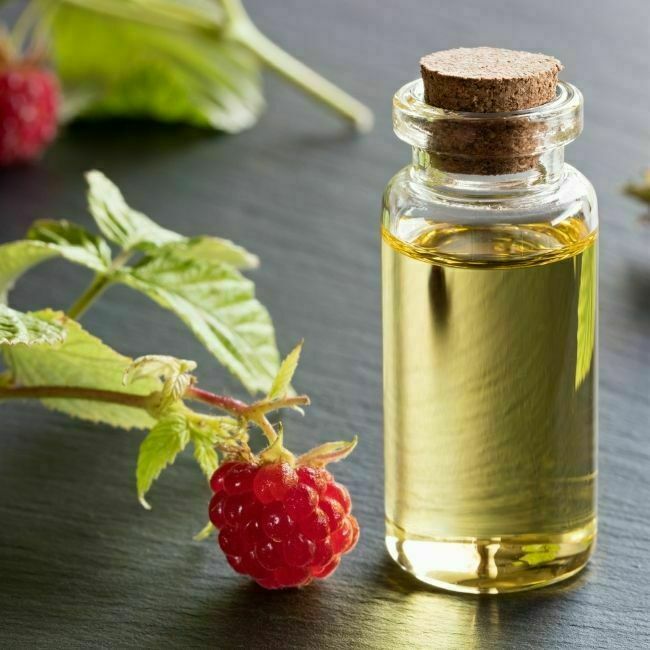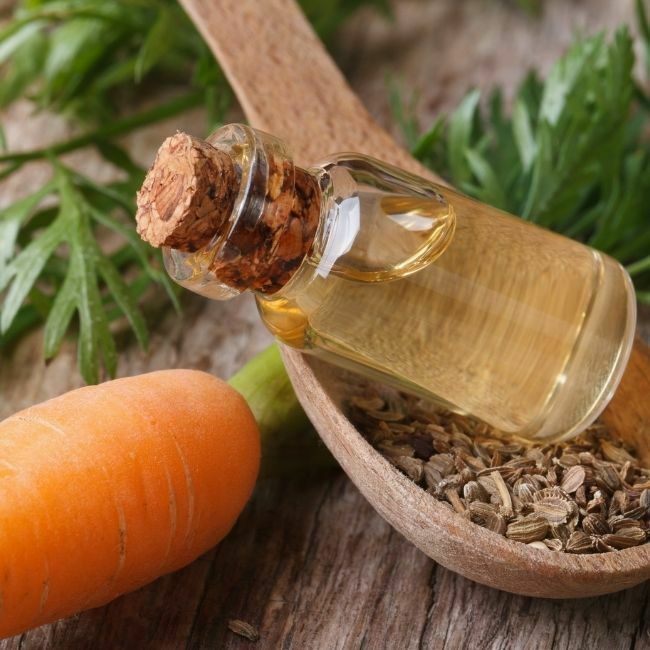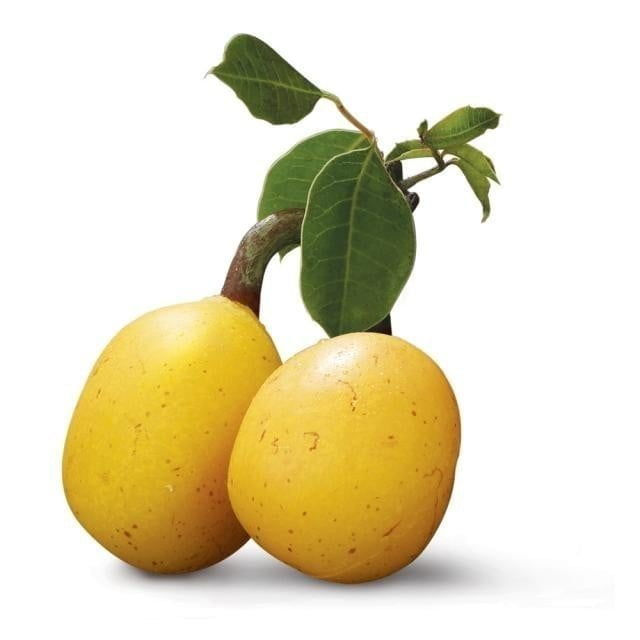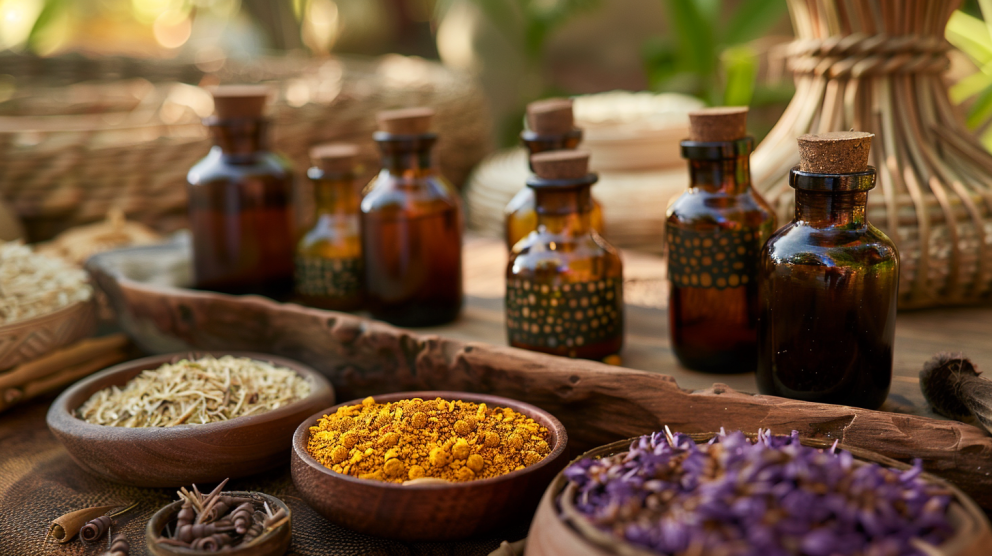The search for natural components that can deliver safe and healthy sunscreens has become the focus area for the cosmetic industry. Notably, African herbal ingredients are becoming increasingly vital in the battle against the adverse effects of UV radiation. They are rich in antioxidants, minerals, and vitamins, which protect the skin from UV damage and improve its appearance. In this article, we look into the advantages and application of African ingredients in sun protection products.
The Importance of Sun Protection
Exposure to ultraviolet light causes a range of problems for the skin, such as premature aging, sunburn, and an increased chance of skin cancer. However, even though artificial sun cream is famous, requests for healthy and natural creams with less harmful environmental consequences are increasing. Indigenous African ingredients, with their ancient use and efficacy proven beyond any doubt, look the most promising among all other ingredients.
Key African Ingredients Used in Sun Protection
- Red Raspberry Seed Oil: Though not necessarily only African, red raspberry seed oil is an ingredient of many natural sunscreens from African sources. This oil has high SPF protection thanks to its robust antioxidant content and enhanced ability to absorb UV rays.
- Carrot Seed Oil: Naturally occurring in Egypt and South Africa, carrot seed oil has been famed for its sun protection factor. It contains plenty of antioxidants and carotenoids that aid the skin in combating UV rays and showing regeneration ability.
- Marula Oil: This oil from the fruit of the Marula tree, which is endemic in southern Africa, is one of the ingredients African skincare relies on. It is intensely moisturizing, rich in antioxidants, and has some protective properties against sun rays, making it very popular in sunscreens.
- Baobab Oil: Derived from the seeds of the Baobab tree that is popularly found across several countries in the African continent, baobab oil is another antioxidant pack. It is a moisturizer, rich in vitamin E, and has natural sun protection effects.
- Shea Butter: Shea butter comes from the nut of a Shea tree, a highly branded product used especially in Africa. It is a natural sunscreen source of cinnamic acid, and its moisturizing effects make it a perfect ingredient for sun protection products.
- Rooibos: Native to South Africa, rooibos has been traditionally taken as a tea but has been topically used due to its antioxidant content. These antioxidants help to fight the attack of the free radicals that arise from the UV rays, thus reducing the possibility of skin cancer and the signs of aging.

Raspberry seed oil

Carrot seed oil

Marula oil
Scientific Research and Efficacy
Lately, scientific research hints at the contribution of African ingredients to sun protection. For example, studies show that red raspberry seed oil can absorb UVB and UVC rays with high effectiveness, and carrot seed oil is known to have a natural SPF of 38-40. On the other hand, antioxidants in marula oil and baobab oil play a vital role in protecting the skin against oxidative damage that is distinctly caused by UV light.
Benefits Beyond Sun Protection
African botanicals can do far more than save us from the sun. They have other benefits, too. For instance, shea butter is one of these ingredients known for restoring and regenerating the skin cells, which, in turn, helps repair sun damage. Similarly, marula oil, rich in oleic acid and other fatty acids, gives skin intense hydration and helps improve skin elasticity.
Challenges and Considerations
Although the proponents of African ingredients related to sun protection can be seen, the barriers to their extensive adoption still exist. The principal issue is the standardization and consistency of the natural extracts since there could be significant deviations in SPF values from one to another. In addition, it is crucial to verify sustainable sources and ethical behaviors to avoid excessive resource harvesting.
The Future of Sun Protection
Consumers are more environmentally conscious and suspicious of synthetic ingredients, so demand for natural sun protection solutions is expected to rise. With their excellent sun-screening properties and additional skin health benefits, African contents are certainly placed to occupy a significant position in this revolution.
In conclusion, African botanicals provide green sun protection solutions that answer the market’s tendency to search for products that respect the environment and consumers’ health. These components, inherited from the therapeutic uses of the past and supported by research evidence, protect your skin against harmful UV rays and provide significant skin health benefits. With the development of the cosmetic industry, the prominent issues about the sustainable sourcing and standardization of natural products must be resolved to guarantee their effectiveness and ethical application. Consequently, the future of skincare should incorporate even more African ingredients, as they will keep evolving with the addition of new technologies and research. Not only does this method shield the skin from the sun’s destructive properties, but it also nurtures the overall health and rejuvenation of the skin, thereby ushering in the new age of holistic and sustainable sun protection.
References
Geoffrey, K., Mwangi, A. N., & Maru, S. M. (2019). Sunscreen products: Rationale for use, formulation development and regulatory considerations. Saudi Pharmaceutical Journal, 27(7), 1009-1018.
Lall, N., & Kishore, N. (2014). Are plants used for skin care in South Africa fully explored? Journal of Ethnopharmacology, 153(1), 61-84.
Resende, D. I., Jesus, A., Sousa Lobo, J. M., Sousa, E., Cruz, M. T., Cidade, H., & Almeida, I. F. (2022). Up-to-Date overview of the use of natural ingredients in sunscreens. Pharmaceuticals, 15(3), 372.
Van der Walt, A. (2019). Sun protection and consumer safety. South African Pharmaceutical and Cosmetic Review, 46(2), 42-42.


